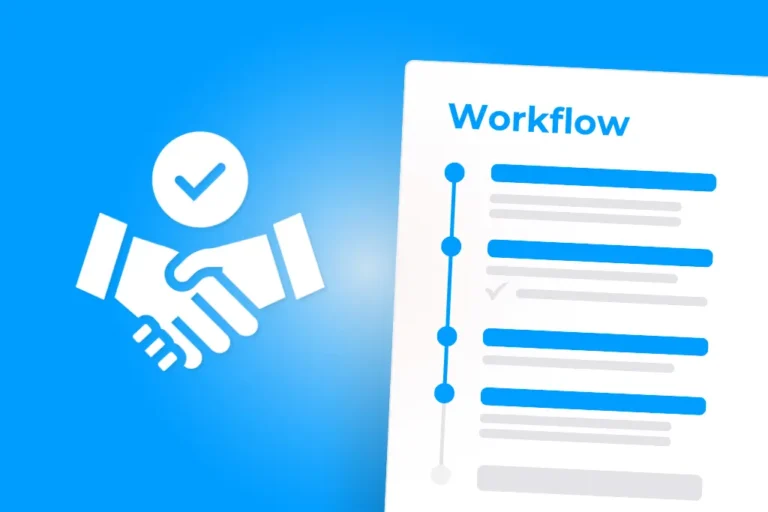Private equity (PE) firms face specific challenges and increasing complexity in managing legal, financial, and operational frameworks as regulations are constantly evolving. Understanding and mastering the challenges of governance, compliance, and legal risks is essential to navigating a changing legal environment. Fortunately, however, there are advanced tools designed to address these specific needs in the private equity industry.
In this article, we will explore the main legal and governance challenges that private equity firms face and how the right tools can effectively address these issues.
The Main Challenges for Private Equity Companies
Private equity strategies focus on targeted investments in companies, with each acquisition or sale of shares generating new contracts and deals. PE firms often manage complex portfolios, involving a variety of corporate structures and a large amount of paperwork and data. The situation becomes even more difficult when managing portfolios spread over multiple countries. What, then, are the main challenges these companies face?
1. Protection of Sensitive Data: The Access Control Dilemma
In private equity, it is critical to manage large volumes of sensitive data across teams, hierarchies, and jurisdictions. Protecting this data is a top priority.
Challenge: Balancing effective collaboration by granting access to data while ensuring that only relevant information is shared, based on roles and location, to avoid breaches and protect information security.
According to IBM’s 2024 Cost of Data Breach study, the average cost of a data breach in the financial sector is $6.1 million, a figure that continues to grow.
Solution: Implement detailed access controls based on roles, locations, and locations. Data management tools can define who can view or edit documents, and monitor actions to ensure full control over security.
2. A Complex Regulatory Environment: The Need for Flexibility
Regulations in the financial sector are changing rapidly. For example, the European Commission’s Sustainable Finance Disclosure Regulation (SFDR) promotes transparency in sustainable investments, while the Digital Operational Resilience Act (DORA) focuses on digital resilience.
💡To learn more about DORA and its impact on financial institutions, watch our dedicated webinar: “Navigating DORA for Legal Departments”
Challenge: Comply with local and international laws in all transactions and operations. Noncompliance can result in serious financial penalties and reputational damage.
Solution: Use a flexible platform that allows contracts and documents to be updated in a timely manner to adapt to rapidly changing regulations.
According to a Deloitte survey, 45 percent of private equity firms report difficulties in understanding and implementing new regulations.
3. Information Overload: The Importance of Digitization, Centralization and Automation
Private equity firms handle different types of documents, such as side letters, LPAs, and contracts. The volume of documents is enormous, which can be overwhelming.
Challenge: Managing and tracking all information effectively is a real challenge. As portfolios get larger, the workload grows for legal teams to review documents, ensure compliance, and meet deadlines.
Solution: Adopt a centralized document management system that includes automation, preset templates and reminders. Secure artificial intelligence can help create accurate summaries of documents, improving efficiency.
Secondo un rapporto di Gartner, gli strumenti di automazione legale possono ridurre i tempi di elaborazione dei contratti del 50% e abbassare i costi fino al 30%.
4. Stakeholder Management: Centralized Information for Greater Transparency
In private equity transactions, many stakeholders are involved and each needs clear visibility into portfolio structure, investments, and investees.
The challenge: Maintain integrity and transparency in business operations. Managing and gathering information on investments and resolving discrepancies can take a great deal of effort.
La soluzione: Centralizzare tutte le informazioni sugli investimenti, comprese quelle bancarie e i calcoli delle percentuali di partecipazione. Uno strumento di gestione delle partecipate consente a ciascun stakeholder di inserire i propri dati, che saranno facilmente accessibili e condivisibili quando necessario.
The Solution: Centralize all investment information, including banking information and percentage share calculations. An investment management tool allows each stakeholder to enter their own data, which will be easily accessible and shareable when needed.
Tackling Private Equity Challenges with the Right Tools
Effective governance is critical to success in private equity. The challenges specific to this industry may seem complex, but with the right tools, these difficulties can be easily overcome.
Advanced LegalTech tools should be equipped with secure artificial intelligence, which improves efficiency and accuracy without compromising data protection. In addition, they should support regulatory compliance and facilitate the application of effective governance policies.
Access data securely, meet compliance requirements, manage documents efficiently, and offer stakeholder transparency – meet your challenges with the right tools!
The DiliTrust Governance suite offers five different modules that help overcome private equity challenges, including contract lifecycle management and legal entity management. Want to learn more? Check out our dedicated use cases or request a customized demonstration!


